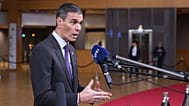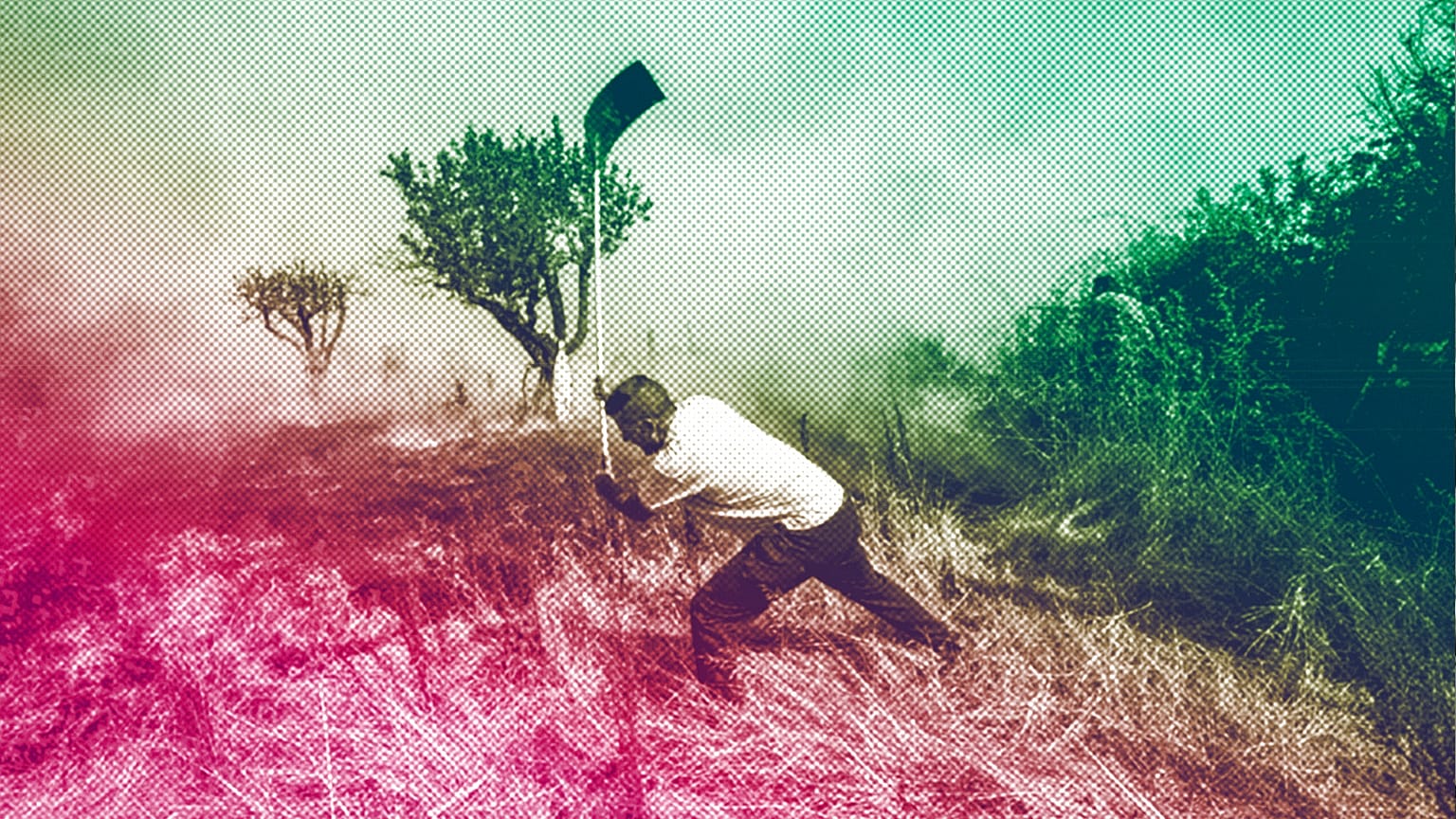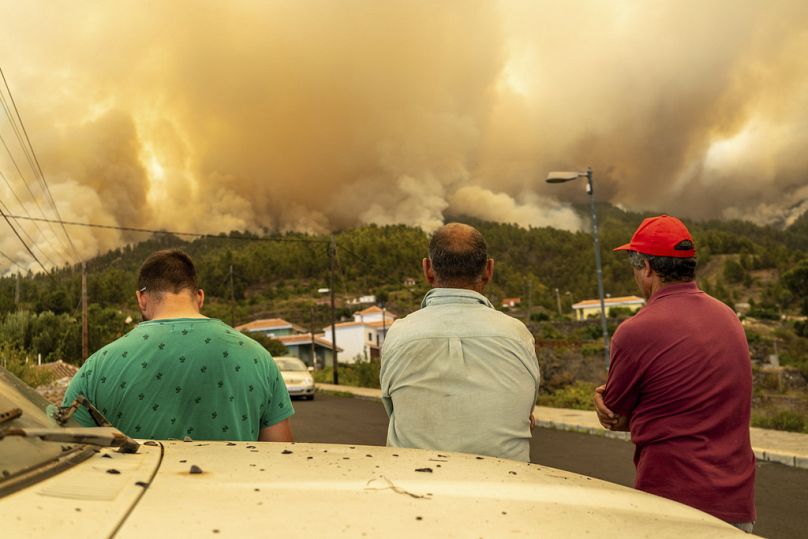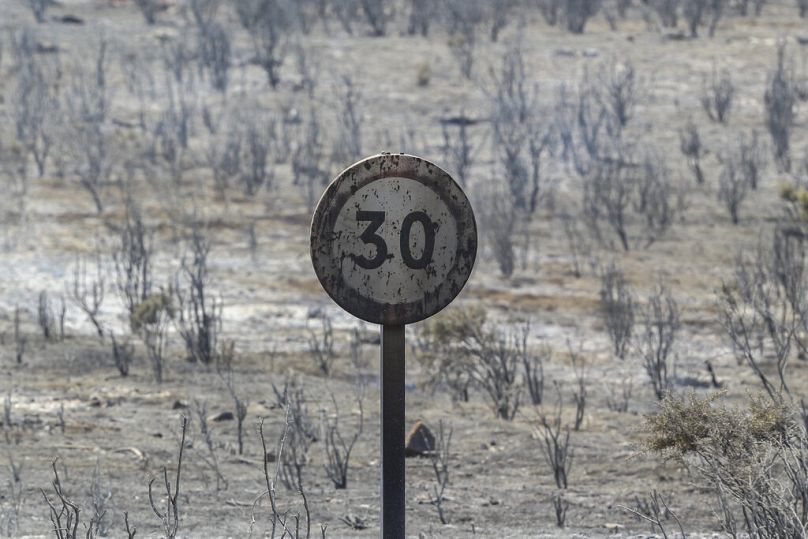It's not that we don’t need to remind people of the speed or severity of the damage being caused to the planet. But if we want to bring people to our side, it can’t be the dominant ingredient in our messaging, Israel Butler writes.
As forest fires dominate the summer news cycles, activists communicating about climate change are often more likely to push people further into despair than mobilising them to support the changes we need to protect our planet.
I’m fed up with reading posts about how many football pitches of Amazon have disappeared in the last five minutes. Or how many hectares of forest are being lost to wildfires.
This kind of messaging isn’t capable of moving anyone who is not already on the side of climate activism into action.
Most people don't know how to help solve the problem
Campaigners working on progressive issues seem to think that the reason people aren’t getting behind their causes is because they don’t know that something bad is happening, or how serious it is, or they don’t believe it’s true.
We seem to think that if only people knew, they’d care.
But it’s not how people think. Our brains analyse facts according to ways of thinking we already have.
People who already support action to tackle climate change and understand a bit about the issue might be mobilised by facts about how much damage is being caused to the environment. But that’s a minority.
Most people’s thinking on climate change is closer to something like "I’m worried, but I don’t see how we can solve it" because a) the government isn’t acting, b) corporate interests are too strong, c) it’s too late, or d) people depend on climate-destroying behaviour for their livelihoods.
Or they are just so scared by the constant images of the world burning that they look away.
Let's talk about the future we want to create
The good news is that there’s plenty of research out there explaining how humans think and what persuasive messages about climate change should look like.
A persuasive message follows four steps. These steps are designed to overcome barriers in the minds of your audience that stop people from rallying to your cause.
First, you need to remind your audience of how things should be, and how tackling climate change delivers things that they find important.
Things like feeling safe in our homes, free from the dangers of extreme weather, being healthy because we have clean air and water, or having reliable and affordable energy because it’s locally produced and renewable.
We rarely paint a picture of the future we want to create. But to mobilise your audience, you need to give them a vision to fight for, not just the doom and gloom you’re fighting against.
Who is truly responsible?
Second, you need to explain to your audience why the harm you’re complaining about is happening and who is responsible.
We talk so much about the harm. But rarely do we explain that these problems are the products of rules, systems and practices that have been made by governments which reward corporations for destroying the things we rely on to thrive.
Unless we explain that these systems were made by people to serve certain interests, our audiences will have trouble seeing that we can make different choices and re-write the rules to put ordinary peoples’ interests first.
Third, we have to point to solutions. Often our messages on climate change stop short of this, or they offer technical descriptions of solutions or — worse — they tell the audience that we as individual consumers have the solution in our hands.
The latter diverts your audience’s attention away from the systemic changes our societies need to make, instead focusing them on tiny changes in their behaviour like recycling or taking shorter showers.
It’s not good enough. We need to put more focus on how the structural solutions we’re advancing deliver the vision of the world we want.
We should also remember that yes, we can
Finally, we need to remind our audience that change is possible.
For many people, the challenge of climate change is too big – partly because campaigners have spent so long bombarding them exclusively with messages that inspire desperation.
Your audience may agree with you, but they just think healing our planet is too difficult. A big barrier to people supporting change is that they forget that it’s possible.
So, we need to trumpet every success and point to the things societies have achieved in the past that we once thought were not possible.
From landing on the moon to marriage equality, to paid parental leave: find something that is culturally resonant with your audience to show them that "yes, we can".
It's not that we don’t need to remind people of the speed or severity of the damage being caused to the planet.
But if we want to bring people to our side, it can’t be the dominant ingredient in our messaging — it has to become a smaller part of the mix.
Israel Butler is the Head of Narrative and Framing at the Civil Liberties Union for Europe.
At Euronews, we believe all views matter. Contact us at view@euronews.com to send pitches or submissions and be part of the conversation.



















